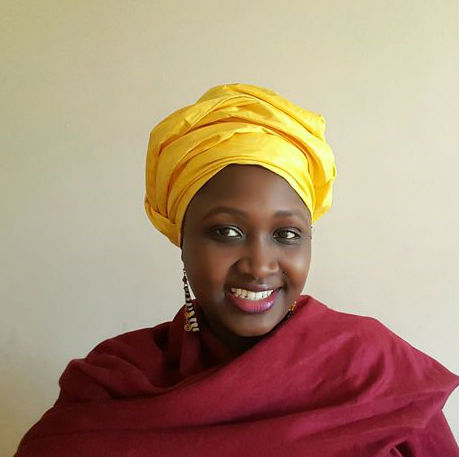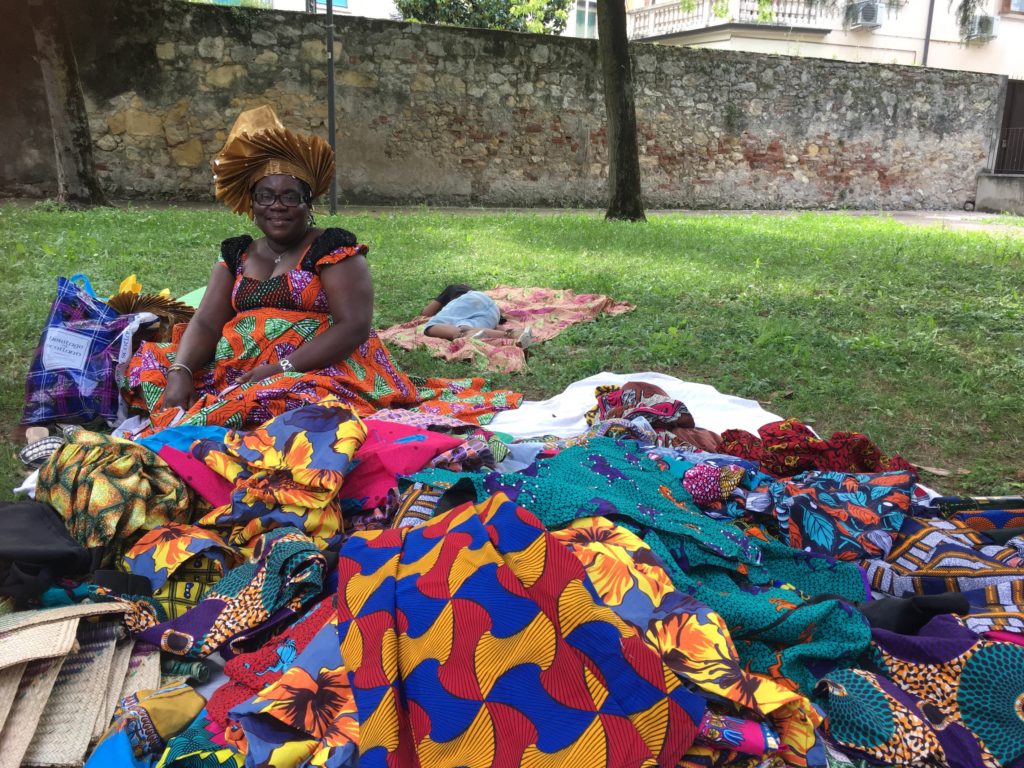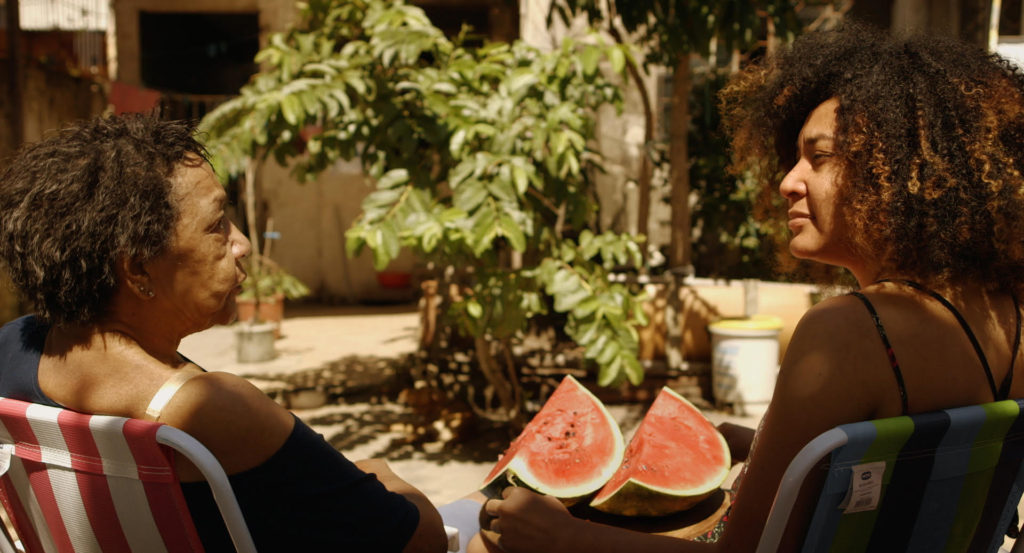“Human Rights needs to be recognised every day”, says Pinar Aksu about the International Human Rights Day, celebrated every year on 10th December. And this is what she is doing with her advocacy and community work, fighting for migrants and refugee rights, every day, in Scotland.
✍🏾 Juliana da Penha 📷 Billy Knox
This week the magazine Marie Claire awarded 10 inspiring women from the UK with the “Marie Claire Future Shapers Awards”. They selected women who are making positive changes in the world and the 28 years old from Turkey Pinar Aksu was recognized for her activism for human rights.
Also, this year, at the Amnesty International UK Brave Awards, acknowledging the extraordinary work individuals are doing to stand for human rights in their communities, Pinar was awarded for her work for migrants and refugee rights.
Shyly, she declares herself honoured with the nomination for these awards. “I think it is a privilege of being recognised and received awards. For me means to raise awareness in different platforms and talk about different issues, especially around human rights, injustice and what happens in the communities.”
This nationwide recognition is the result of the many grassroots actions in which Pinar is involved in Glasgow.
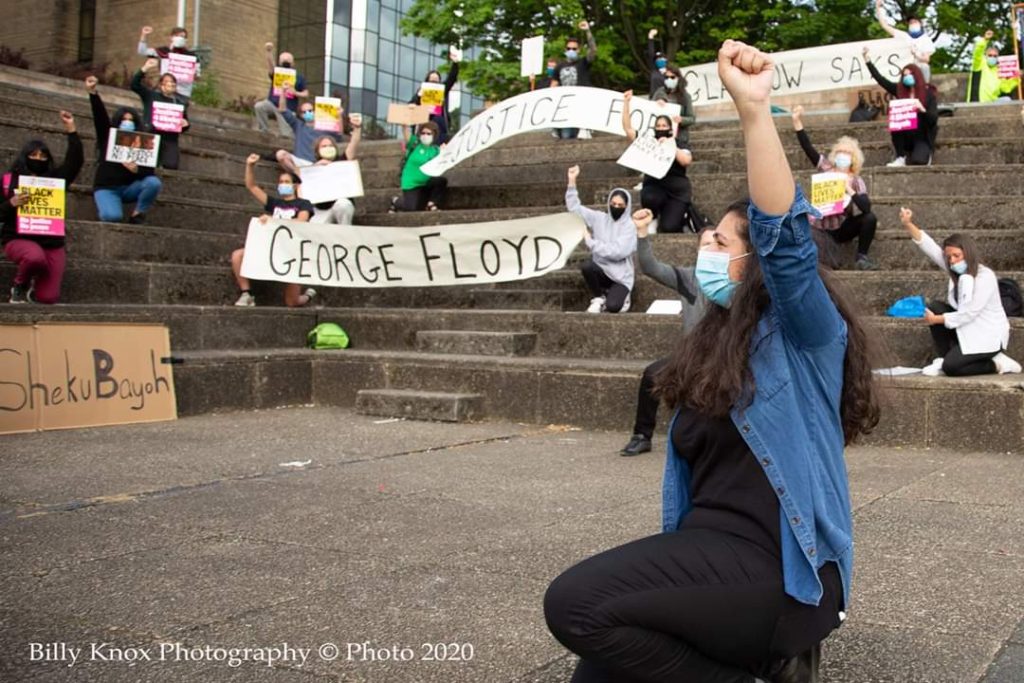
Working to protect migrant and refugee human rights
Pinar works with Maryhill Integration Network, a charity established since 2001 bringing migrants and local communities together through arts, social and educational groups. As a Development Officer, she was involved in different projects, one of them was the book “The Sea of Paperwork”. After visiting some schools in Glasgow, explaining to children why people move and how welcoming looks like, children were encouraged to share their thoughts through artworks. This collective book, with Pinar, the children and the artist Garry MacLaughlin used the language of the arts to raise awareness about the asylum system in the UK.
Pinar is always in the frontline against the injustices and oppressions, especially the issues affecting migrant and refugee communities. She was campaigning for the right to vote for people with refugee status in Scottish Parliamentary and local government elections.
She highlighted some of the many ongoing issues happening to these communities in Scotland. Not being able to work and the long period people wait for their claims when they are seeking asylum, are one of the main problems “I know cases of some people waiting for more than 10, 15 years for their claims. If you think about it, it’s a lot of time of your life going, not being able to use your skills, not been able to integrate and become part of society.” explains, Pinar.
She also says there are other issues such as access to accommodation and education, that too impact migrant and refugee lives. “The list goes on sadly”, she says.
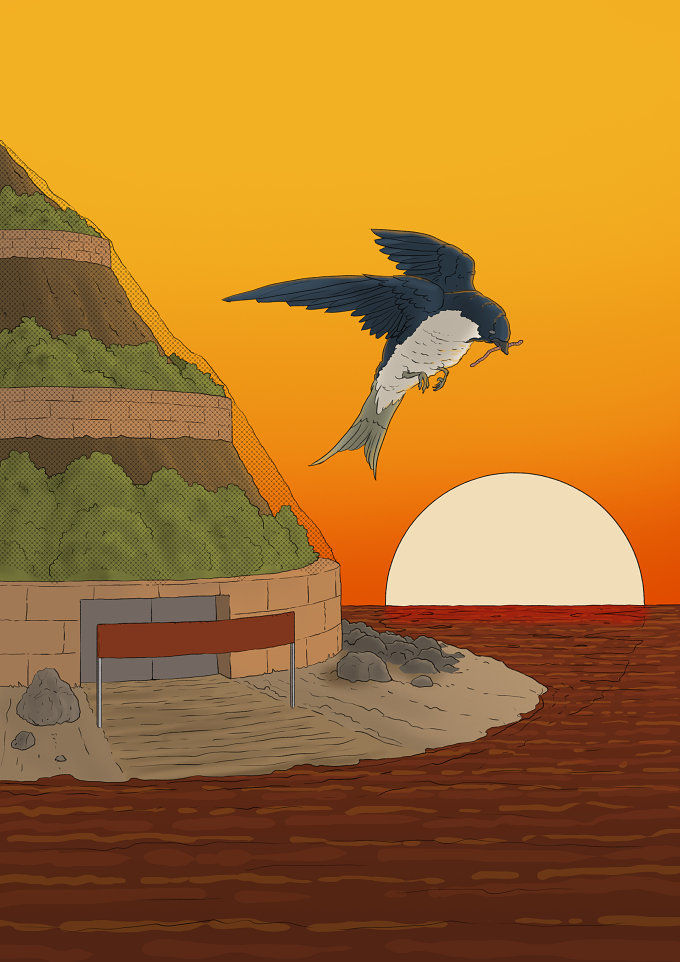
“I know cases of some people waiting for more than 10, 15 years for their claims. If you think about it, it’s a lot of time of your life going, not being able to use your skills, not been able to integrate and become part of society.”
The impact of Covid-19 pandemic on migrant and refugee communities
Pinar reminds about the new people arriving in the country and the suggestion of the Home Secretary to use an island to send asylum seekers while their cases are being decided.
“I would say that this year especially, 2020, the lockdown highlighted many of the problems, particularly how all things are related to poverty, people’s dignity and human rights. This year we’ve seen people being removed to hotel accommodation which was a huge problem within the city of Glasgow and lead to many other problems. These problems are not going to be solved very easily.” says Pinar, and she believes that “there is a long journey to go to make a change.”
Concerned around the impact of Covid-19 on refugee camps, she mentioned that it will be interesting to get to know how the people in the refugee camps was experiencing the pandemic.
“It should be really challenging if there are outbreak cases in a refugee camp. It will be important to find out how it was monitored and how it was seen by the countries.” Pinar says.
Even recognising all the difficulties, Pinar believes it is essential to look to creative ways to confront it. We as individuals can do our part, “raising awareness, campaigning within our communities. It can be done by everybody”, explains her. We can also use our voice. We can challenge racism, xenophobia, sexism and other forms of oppression in situations where people are being discriminated. “Individually, we can try to inform people. This is a simple thing we all can do”, says Pinar.
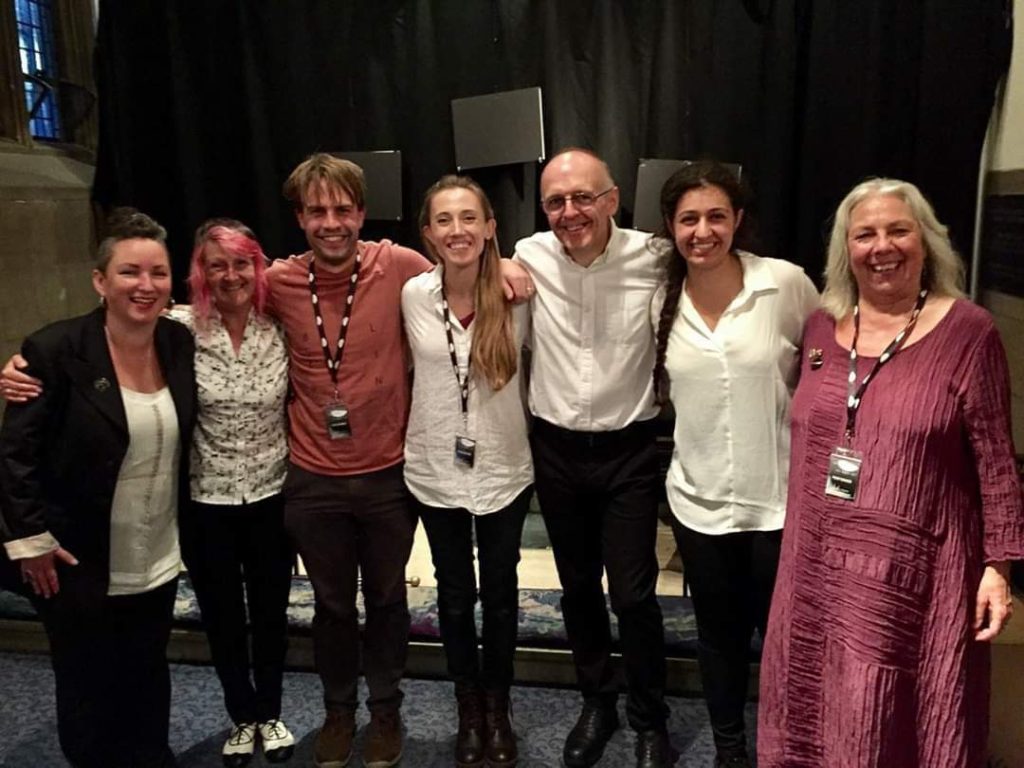
“I would say that this year especially, 2020, the lockdown highlighted many of the problems, particularly how all things are related to poverty, people’s dignity and human rights.
Challenging immigration detention
One of the issues migrants and refugee face in the UK is indefinite immigration detention. Pinar is part of the Global Campaign to End Child Detention. This campaign was created by the International Detention Coalition, a global network advocating for the human rights of people held in immigration detention worldwide. Pinar activism against immigration detention started after herself, and her family experience it while seeking asylum in Scotland. She was only 14-year-old, “I didn’t have any idea about what the detention was or what that involved. After we were out from detention, I started to realise what is about”, she explains. Pinar was encouraged by her teachers to speak about her experience. So, she started to talk about the conditions of immigration detention, in different platforms.
Since then, Pinar started to raise awareness and talk not only about detention but of other different aspects of migration, racism and social inequalities.
That’s how her activism journey started. And she continued campaigning, working and learning. She concluded a BSc in Community Development and an MSc in Human Rights and International Politics at the University of Glasgow.
The activism is an essential part of her life “I think it shaped the work I do, what I am passionate about. I am really interested in Human Rights and migration. I’m looking at creative methods to make changes.”
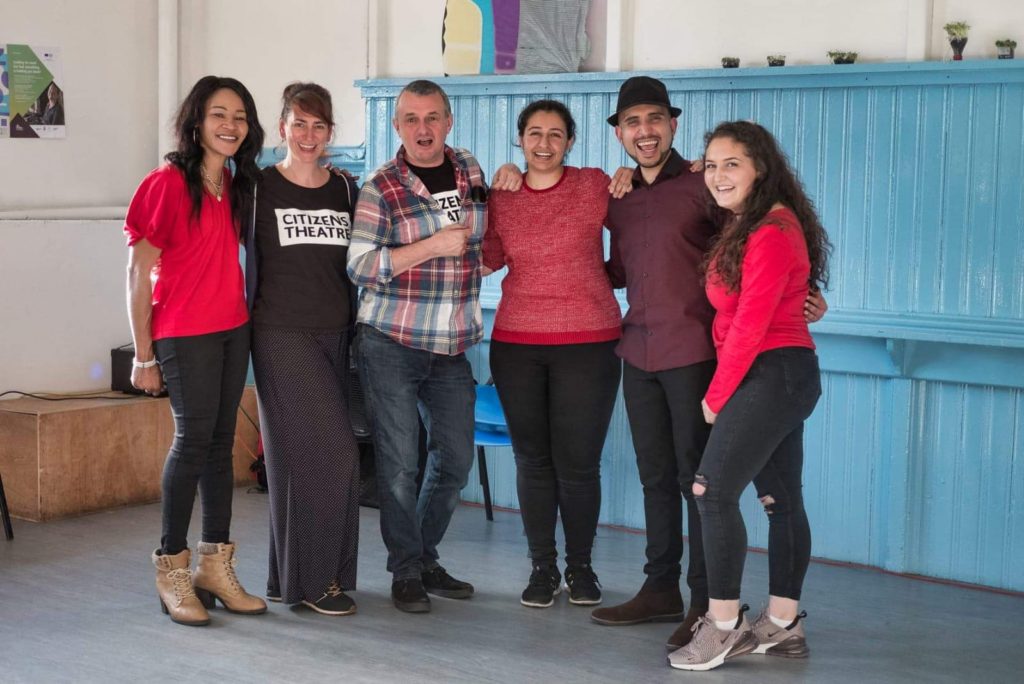
I’m looking at creative methods to make changes.”
Theatre as a tool to raise awareness around Human Rights
Acting is one of the ways she raises awareness of human rights and refugee issues. Pinar believes that Theatre of the Oppressed it’s an essential tool as it creates a dialogue within the community.
Pinar is part of two Theatre companies: “Active Inquiry” discussing different topics related to social inequalities and World Spirit Theatre focuses on migration and refugee issues. “I find it really powerful; it helps to engage and dialogue with individuals and also collectively. Each time we see different stories at the conversation we have with the audiences afterwards. I think this is where the power aligns”, explains her. She believes that using Theatre rather than reports or statistics is a useful tool to speak about difficult topics.

The journey of an Alevi woman
Fight against oppression and discrimination was always present in the life of Pinar, who is an Alevi, an ethnic minority, faith and religion from Turkey. Alevis suffered persecution and systemic oppression resulting in many had to migrate to different countries across the world. “Despite the size of the community, which is estimated to around 20 million, in Turkey, we are not seen as a distinct ethnic or religious/ faith community. Not recognised and not registered. And this creates a space for our human rights to be violated”, explains Pinar.
She started to educate herself about her own roots, speaking with older and new generations to discover her identity and what Alevism is. But she believes there is a long road for Alevis to achieve their rights and to be recognised.
As a member of British Alevi Federation and also involved with Glasgow Alevi Community Centre in Scotland, she explains that this community is creating a platform where they can talk and bridge the gap between the older and new generation of Alevis. “I see Alevism as a path. I am still finding out what it means to be an Alevi. There are so many beautiful aspects of the culture and to the faith and they still need to be discovered”, Pinar says.
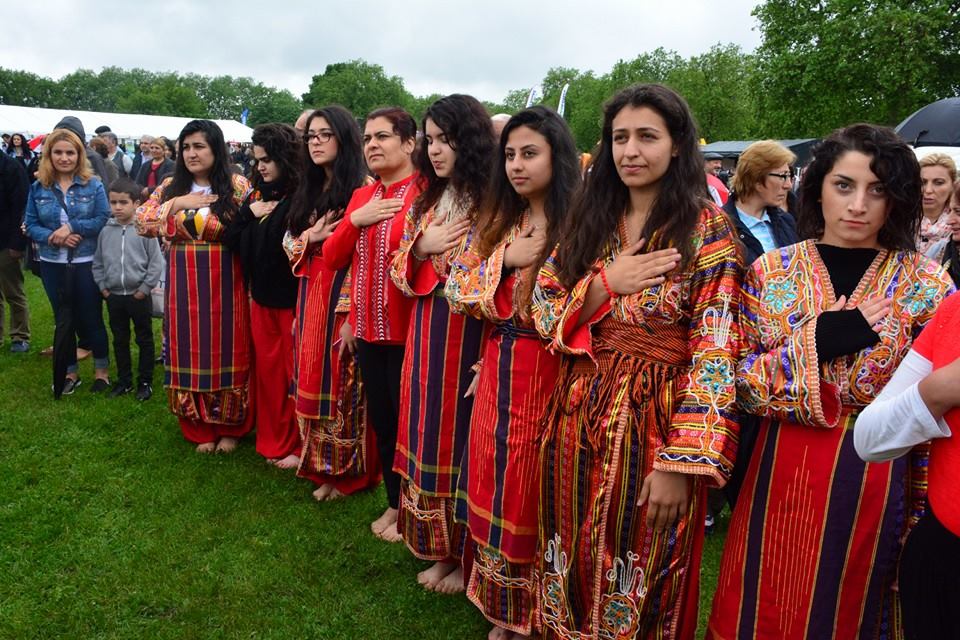
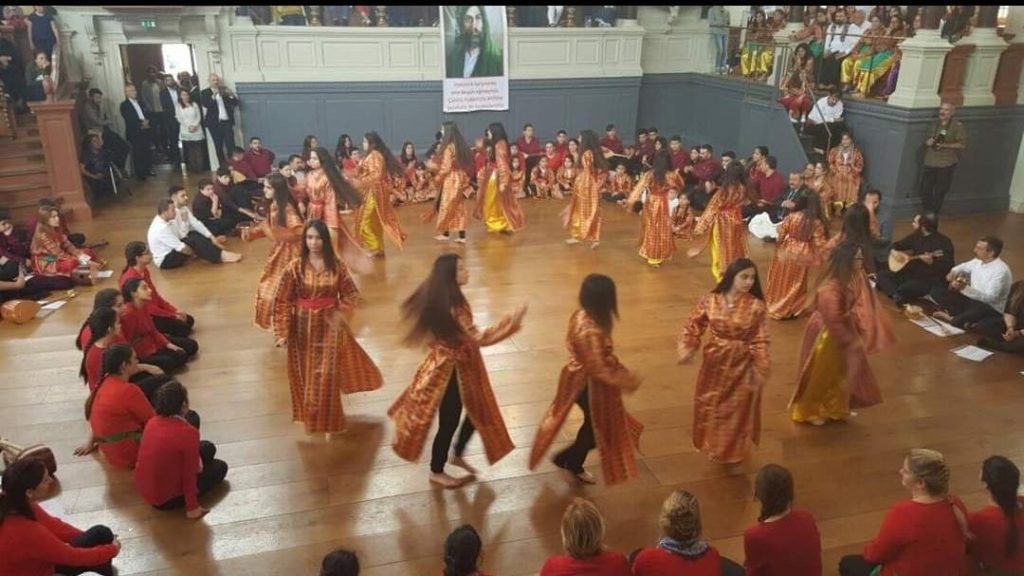
“I see Alevism as a path. I am still finding out what it means to be an Alevi. There are so many beautiful aspects of the culture and to the faith and they still need to be discovered”
Glasgow: a welcoming city
During the pandemic, Pinar was involved in the protests against the government measures moving asylum seekers and refugees to hotel accommodations in Glasgow. She recognised that, although there are many problems to be addressed, especially around inequalities, Glasgow is a welcoming city “There is a strong network of solidarity groups across the city. When we travel to different cities to attend conferences, Glasgow is always mentioned as a city that shows solidarity no matter the issue is. When there are injustices, there is a good network of people that you can unite very easily in an organised manner and create peaceful gatherings”, she explains.
Pinar mentioned many limitations on the power of Scotland over some decisions. Especially around immigration, the decisions are made at the Westminster, in England. But she recognises that Scotland has power on different many other aspects. “We can definitely use the power we have at the moment to make the city more welcoming, safer and equal for people here.”
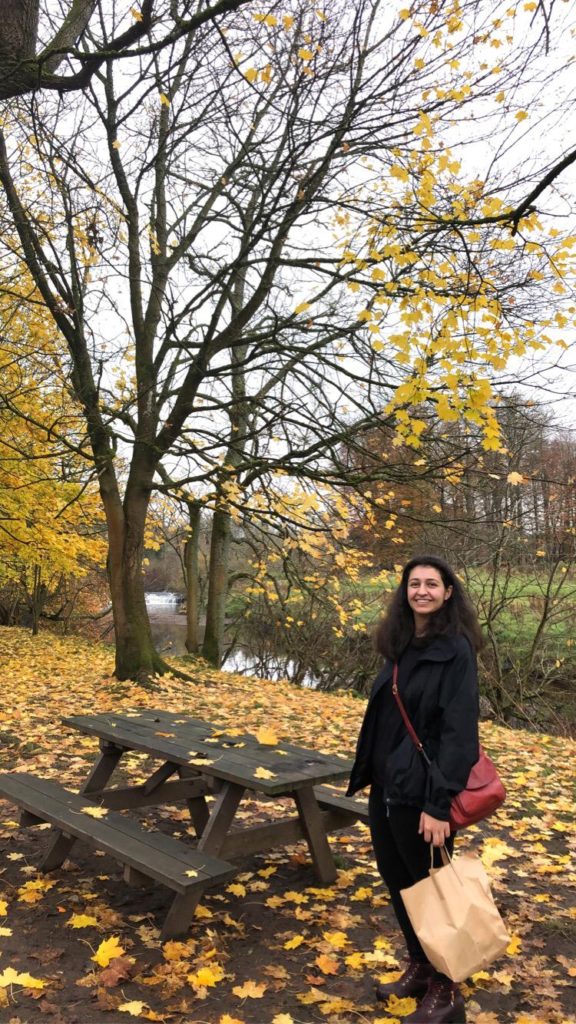
Pinar is also a member of Right to Remain an organization providing information, resources, training and giving assistance to people facing injustices in the immigration and asylum system in the UK.
One question remaining is how she finds the balance between her activism, her work and personal life.
“That’s a really good question, and this is something I am working on (laugh). I guess the balance is trying to recognise and understand how much energy I can put on each of the campaigns and in the work I do. Having time for myself and looking after my own well-being. I think this is really important. If you don’t look after yourself, no matter what job you are doing or the campaign you are involved with, you are not going to give anything. ”
Pinar reminds the words of Paulo Freire about the space of reflection “He said about the importance of thinking and analysing what you are doing and have a space for reflection.”
This activist recognises that find time and space for herself is something she is working on. Still, Pinar believes is something fundamental “I would say to anyone working in this kind of environment that’s it’s crucial to have the space of reflection about what you are doing and looking after yourself.”
“We are citizens of this world. Everyone rights should be respected and not judged or decided just because of where you come from, the colour of your skin, your faith, your religion or your gender. As individuals, we all have our rights, and we should protect them.”

